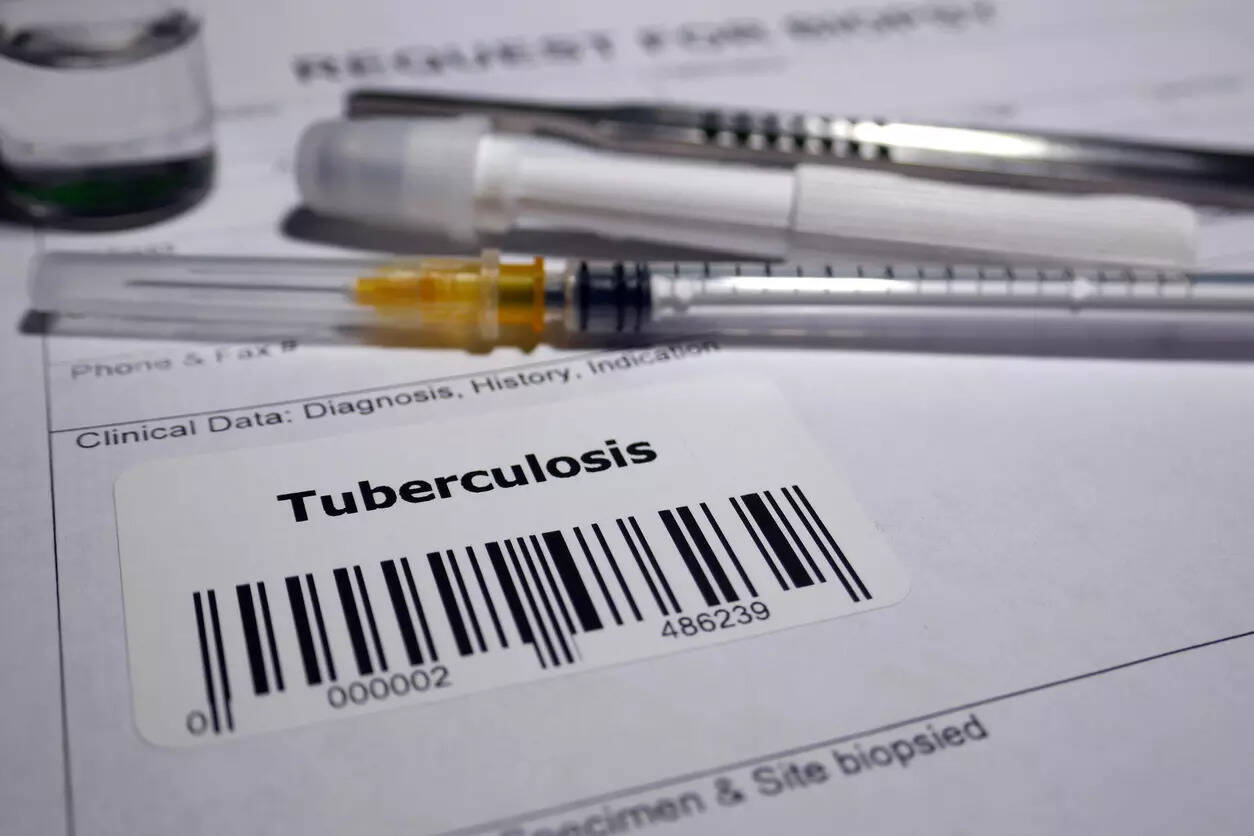
Mumbai: For the first time, select patients with drug-resistant tuberculosis (DR-TB) in the city are being treated with a new, shorter regimen that promises better outcome and fewer side-effects.
These patients, numbering 100 until Wedneday, aged over 14 began a six-month course of BPaLM — a four-drug combination approved in India last year.
Though patients are under the care of private chest physicians, they remain linked to municipal health centres, as one of the vital drugs, bedaquiline, is available only through govt channels. The other three medicines are pretomanid, linezolid, and moxifloxacin.
Another 44 patients are being treated at JJ Hospital, which began offering BPaLM to chosen drug-resistant-TB patients in December. Nationally, over 1,000 patients are on the regimen.
“We are administering BPaLM to carefully selected patients in line with national guidelines,” said Dr Priti Meshram, Head of Pulmonary Medicine at JJ Hospital.
She noted that patients with disseminated TB — where infection spreads beyond the lungs, to other organs — cannot be put on this treatment due to a higher risk of relapse. “There is extensive screening done to prevent this,” Dr Meshram said.
Although most side-effects have been mild, like nausea and vomiting, one rare case was recorded as a 15-year-old who developed hepatitis. Another known side-effect is peripheral neuropathy.
“The regimen isn’t weight-adjusted. Low-BMI individuals receive the same dose as relatively heavier patients, which may lead to rare side-effects,” Dr Meshram added.
Doctors describe BPaLM as being safer than the older 18-month regimen, which includes up to seven drugs. This is still in use for an estimated 64,000 drug-resistant TB patients in India.
Dr Chetan Jain, a pulmonologist treating around 40 patients with BPaLM in Vikhroli, Ghatkopar, and Kurla said: “Side-effects we’re seeing in BPaLM are nothing compared to those in the longer regimen — psychosis, even skin discolouration.”
Dr Vikas Oswal, a pulmonologist who led the Mumbai arm of BPaLM clinical trial in 2021, has since enrolled 60 patients. “All are doing well… major complications are rare and manageable,” he said.
Dr Oswal pointed out that live TB bacteria is not visible in lab tests, in just four weeks. “This has never happened before. Radiological changes are visible in one- to one-and-half month,” he said.
While most city pulmonologists were trained for BPaLM, only three are placing patients on treatment. Reasons were unclear as BMC’s executive health officer Dr Daksha Shah and city TB officer Dr Varsha Puri were unavailable for comment.